
When Jihoon Baang, a dad, husband, and doctor, first arrived in America as a South Korean immigrant, it marked a significant turning point in his career.
“South Korea and the U.S. have very different cultures,” Dr. Baang said.
He said how the non-hierarchical environment in the U.S. helped him thrive. He also noted that he met many great mentors in the U.S. who helped him further himself in the medical field.
Dr. Baang’s decision to move was also fueled by his desire for personal growth.
“I’ve always been curious about the world and wanted to learn in an environment that encourages exploration,” Dr. Baang said.
With 22 years of experience in medicine, Dr. Baang has a message for aspiring doctors.
“Becoming a doctor is a long journey, requiring true dedication. But that’s true for any profession and life itself. Medicine offers mastery, autonomy, and purpose. You’ll learn deeply, make decisions independently, and help people in meaningful ways. Few jobs provide these rewards, and I feel truly blessed to be a doctor now, even if the path wasn’t always easy.”
Family plays a crucial role in Dr. Baang’s (Jihoon) life. As a father of two and a loving husband, he has navigated many changes. He was born in South Korea and moved to the U.S. in 2005. Before settling in Ann Arbor, his family and he lived in Philadelphia. He also had the privilege of working with Doctors Without Borders, helping patients with drug-resistant tuberculosis in Armenia.
“That experience was incredibly meaningful and taught me so much,” Dr. Baang said.
Jihoon chose to specialize in infectious diseases for several reasons. He finds excitement in unraveling the mysteries that come with diagnosing unknown ailments and as a doctor detective.
“I thrive on solving these challenges and helping people in the process. Many cases resemble mysteries, and I love trying to solve them,” Dr. Baang said. “It’s incredibly rewarding to make a difference, even when a clear solution isn’t always available.”
A significant influence on his journey was Dr. Bennett Lorber, an inspiring mentor during Jihoon’s internship, who excelled at solving complex cases and impacting lives.
“I didn’t initially plan to become a doctor; it was more about honoring my parents’ wishes,” Dr. Baang said. “However, working with Dr. Lorber, who was also a talented painter and guitarist, ignited my passion for medicine.”
Upon arriving in the U.S., Jihoon worked at Temple University Hospital in Philadelphia, a “safety net” hospital for patients with significant social and economic challenges.
“Many patients lacked basic necessities like housing, food, or health insurance,” Dr. Baang said. “It was eye-opening, highlighting how health problems often connect to larger societal issues, even in one of the wealthiest countries in the world.”
After years at Temple, Jihoon sought a change.
“I felt I needed a new environment, and Ann Arbor seemed like a wonderful place for my children to grow up,” Dr. Baang said. “It can be difficult to explain why a change is necessary, as the reasons can be numerous. Sometimes, a fresh setting can be invigorating and foster growth in unexpected ways.”
Being a doctor is undoubtedly demanding, and the path through medical school is even more challenging. For many first-time medical students, confronting the realities of human anatomy, blood, and other medical procedures can be daunting. Dr. Baang shared his own experiences as a first-year student, reflecting on the tough but rewarding journey ahead.
“Being a doctor provides all these things, and I feel truly blessed to be a doctor now, though it wasn’t always easy to get here.”
But the journey of arriving at the destination where you can serve the community and give health to those in sickness is not a facile process. Dr. Baang gives another piece of advice to young aspiring doctors as he says:
“The key is to never give up on your goal, whether it’s becoming a doctor or something else. Don’t let difficulty stop you, or you won’t grow into the role. One day, through hard work, you’ll become good at what you do — that’s mastery — and then autonomy and purpose will follow,” said Dr. Baang. “When you achieve mastery, you gain the ability to make the right choices without interference, and you’ll help people in meaningful ways, which brings purpose. So the bottom line is: work hard, expect challenges, and never give up.”
As a doctor, Dr. Baang knows a lot about the pros and cons of being one. The pros include working in a field where you can grow, gain independence, and make a difference.
“You’ll meet inspiring people and learn so much,” Dr. Baang said.
The cons include long hours, especially during training.
“Medical school involves a lot of studying, but many medical schools are making their curriculum more hands-on, which helps students learn more practically,” Dr. Baang said.
Being a doctor is a hard job but going to medical school is even harder, one of the most challenging things for Dr. Baang as a first-time medical student was looking at human organs, blood, or anything related. Dr. Baang told us about his experiences as a first-time medical student looking at human organs, “The first time I went into the operating room, I saw someone’s abdomen open with their internal organs exposed. I remember almost feeling sick. Over time, though, I got used to it.” He says.
As we said goodbye to Dr. Baang, we asked him if there was anything else we needed to know about him.
“I’m an introvert, which surprises people because they think doctors need to be very social,” Dr. Baang said. “But medicine is more about listening to your patients and solving their problems, not being outgoing. Great doctors are often great listeners. So, if you’re introverted, you can still be an amazing doctor!”

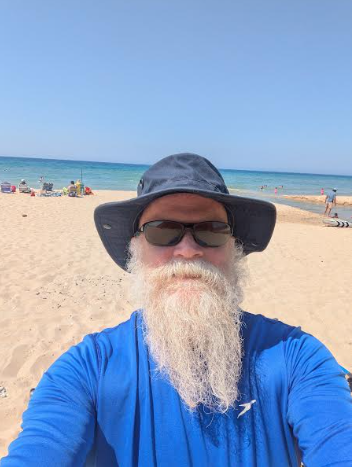
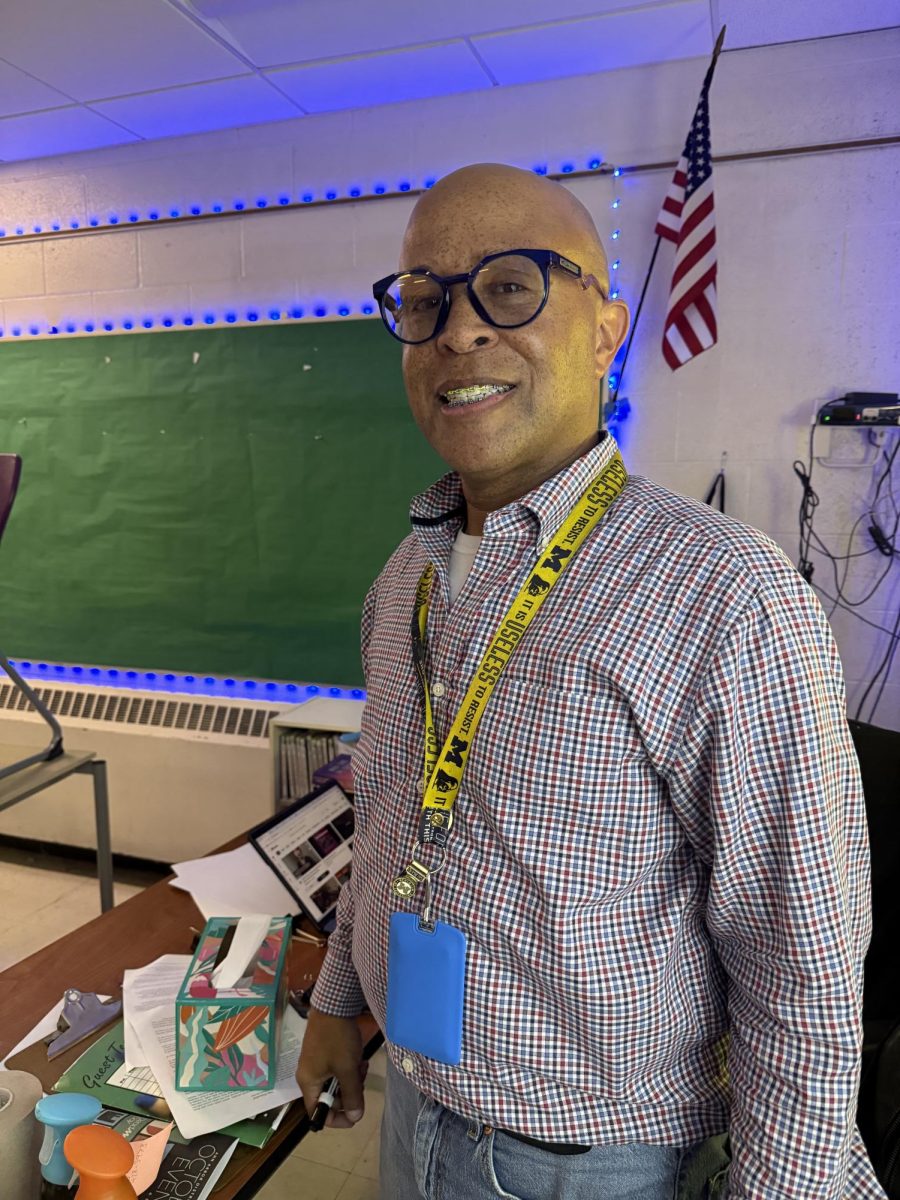
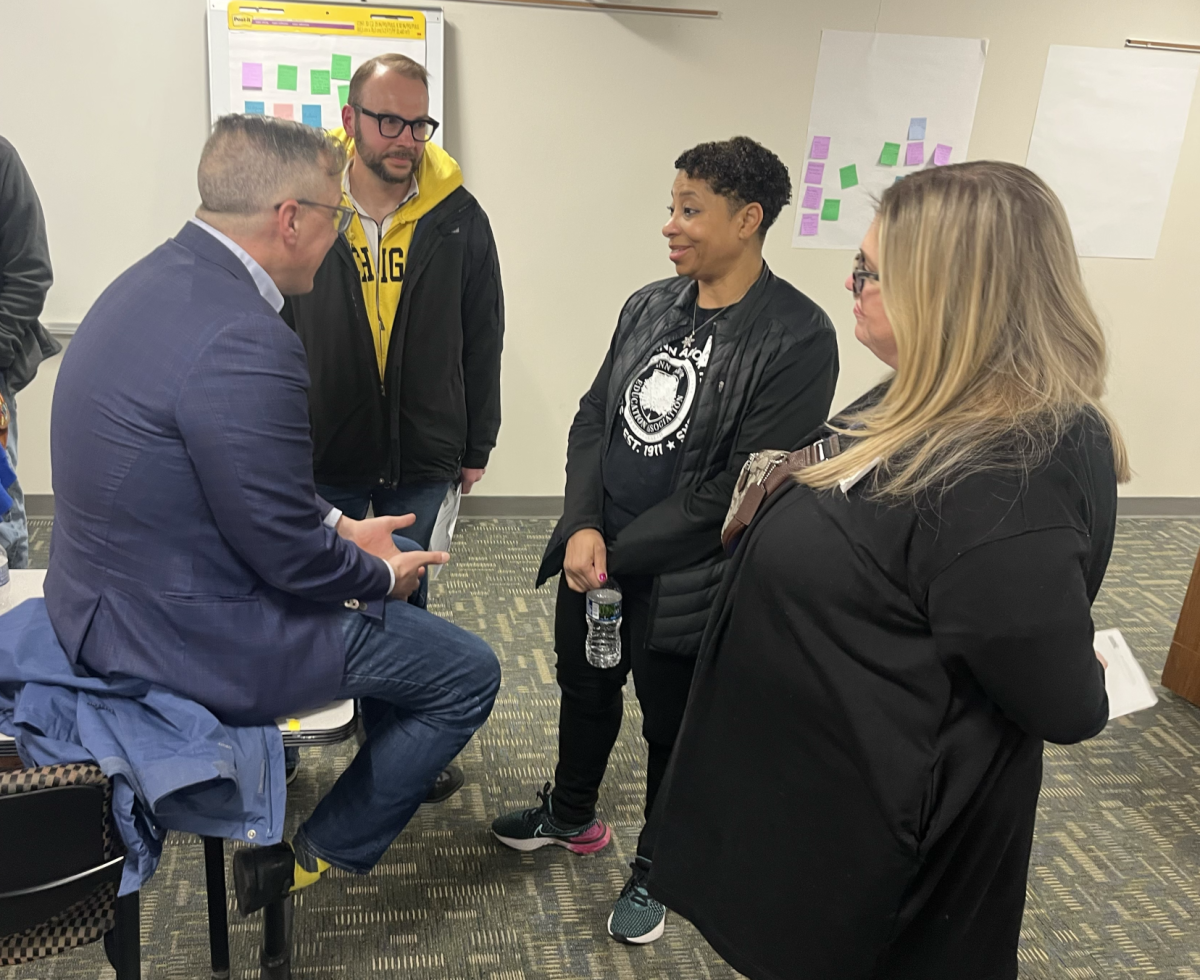
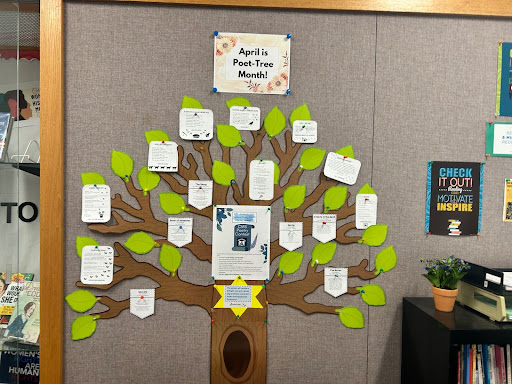
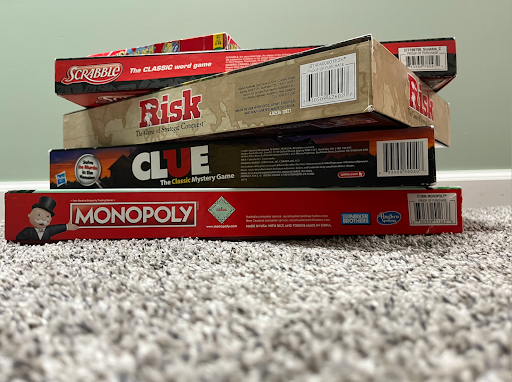
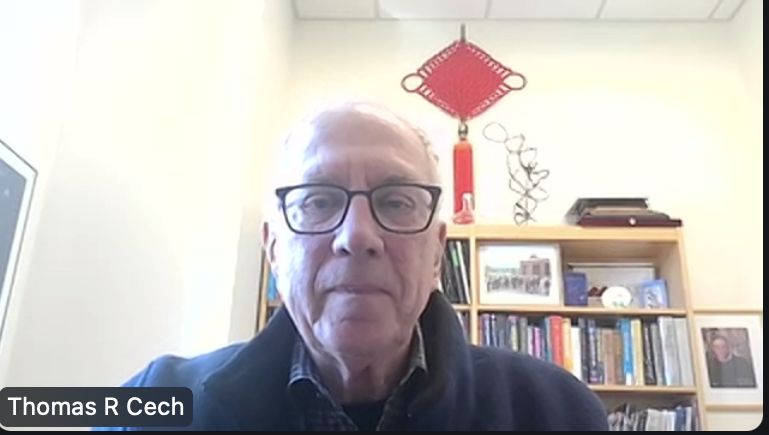
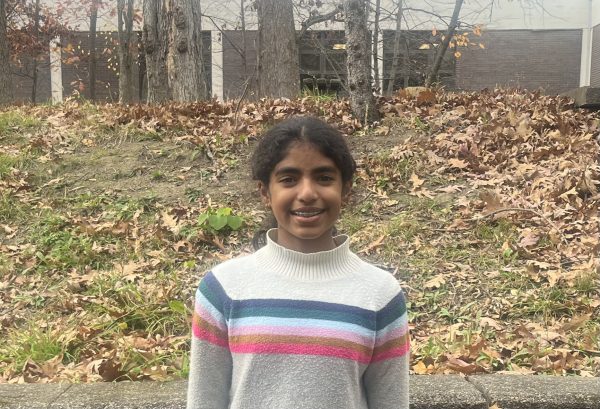
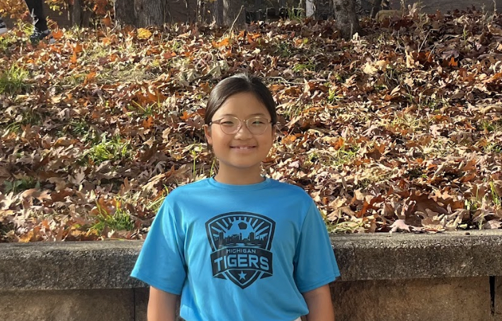
Georgia P. Dash, RN, BSN, MSc., CIC, FAPIC • Nov 27, 2024 at 3:21 pm
I was the Director of Infection Prevention at Temple University Hospital when Dr. Baang came to Temple. We were blessed to have him at Temple. He was a champion of infection prevention and control and a wonderful support for our program. He truly cared about his patients. He was and is an excellent physician and most importantly a kind and good man.